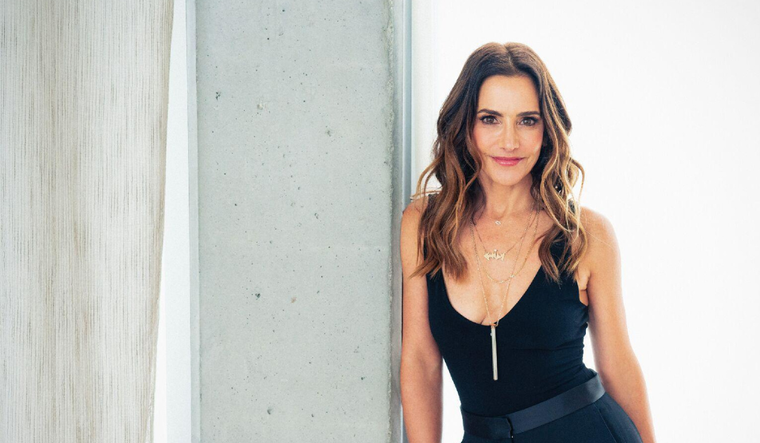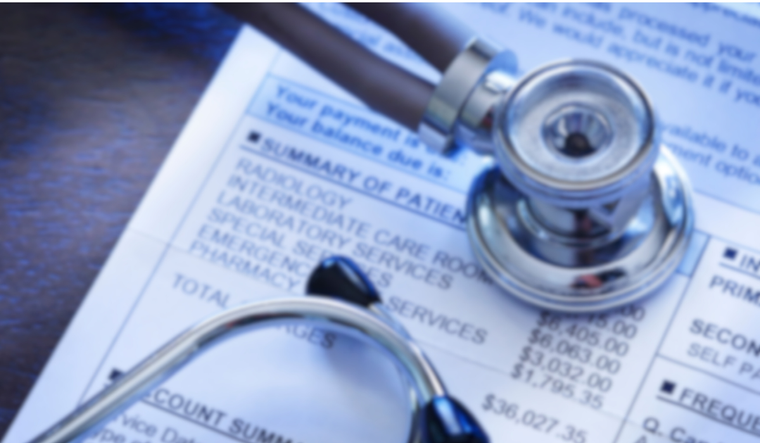Maria Shriver's Sunday Paper: There's No Going Back
Times of crisis have a way of summoning our best instinct. We are called upon by circumstances, loved ones, presidents or raw human need to forget ourselves and serve others. The ordinary in our daily lives all of a sudden becomes the extraordinary, almost unexpectedly, after tragedy strikes.On 9/11, I remember leaving the President's Emergency Operations Center below the White House to return to my west wing office, to find hundreds of emails from friends and strangers offering to help. One said, 'how horrible this day has been. I would do anything for my country.”And Americans did. The White House operator called me within 48 hours after the attacks to report the phones were 'lighting up like a Christmas tree” with people wanting to help. I tuned in to some of those calls to get a better sense of it.One couple from Seattle who were in the restaurant business had dropped everything and were calling from their van as they drove across the country to make meals for first responders at Ground Zero in New York City. Students just out of high school or college were calling to ask how they could join the military and many did. Recently retired medical professionals were calling to say they were keeping their licenses to volunteer in the communities struck by the four planes. The calls complemented heroes in plain sight–the hundreds of firefighters who ran toward danger rather than away from it, sometimes writing social security numbers on their arms as they entered the burning twin towers.The response was so strong so fast, one observer of the effort in New York City would write, 'a reversal soon occurred by which people began moving toward the disaster rather than away from it. The reaction was largely spontaneous, and it cut across the city's class lines as New Yorkers of all backgrounds tried to respond.”Today's health crisis is very different than 9/11. With lockdowns, social distancing, and face masks, the first act of service is to do that which does not come naturally…to constrain ourselves! Our own health and the health of others depend upon it. While the country tragically lost nearly 3, 000 people on 9/11, COVID-19 has taken four times as many lives already in the U.S. with the worst yet to come. Social responsibility dictates we be unsocial for a while, at least in person.Yet Americans are not only hunkering down, they are hankering to help. For now, most of that instinct will need to have outlets virtually. Those medical professionals on the front lines of the health crisis are the heroes today…doing double shifts, risking their own lives to save others, and sometimes sleeping in hotels to avoid spreading the virus to their families. One response would be to help them, such as the Coronavirus Fund to help nurses.While there is appropriately a big focus on our healthcare system and the economy, our education system isn't equipped to handle a health crisis either. Schools and districts are innovating to meet student needs and engage them in learning. One particularly vulnerable population are students experiencing homelessness, whose schools are one pillar of stability in an otherwise chaotic life. You can help tutor or mentor them virtually here.There are countless other ways you can show compassion and caring during the COVID-19 crisis. Maria Shriver suggested a new campaign called the #OnceADay service challenge, doing something once a day to care for someone else in need like getting groceries for the elderly, talking to a loved one in need of support, or volunteering virtually.Crises have a way of bringing us together too. After 9/11, I met my childhood hero in person–Sargent Shriver who founded the Peace Corps, and he mentored me through the national service and volunteering response to 9/11. Today, there is no call from the President to summon our better angels, as Lincoln did on the eve of the Civil War, FDR did during the Great Depression, Kennedy did during the Communist threat, and Bush did after 9/11.So energy is going to have to emerge from the ground up. The big question for us now is what kind of country will emerge from this opportunity for a reset? Will we learn to trust one another again, to listen to those with different views a little more, to reach out more strongly to the vulnerable, and to work together across our divisions to start solving big challenges again?I think the answer is yes, if we listen to that still voice within us that causes us to run toward a disaster rather than away from it. It is that part of ourselves that wants to lend a helping hand that can help cure the ills of our divided nation.This essay was featured in the April 12th edition of The Sunday Paper. The Sunday Paper inspires hearts and minds to rise above the noise. To get The Sunday Paper delivered to your inbox each Sunday morning for free, click here to subscribe.
Please note that we may receive affiliate commissions from the sales of linked products.



